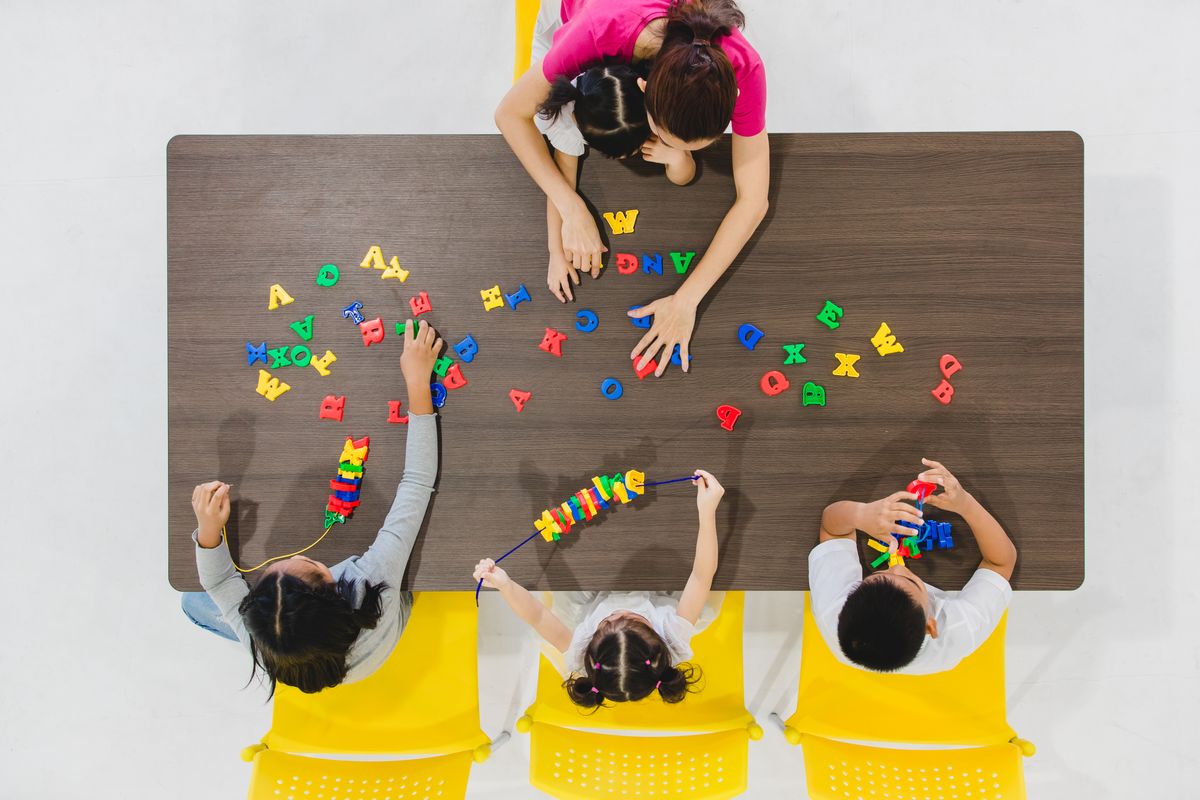Transforming Challenging Behavior: Strategies for Success in the Classroom
Challenging behavior in the classroom can be a significant obstacle to effective learning. However, with the right strategies and support, it is possible to transform challenging behavior and create a positive and inclusive learning environment for all students.
Understanding the underlying causes of challenging behavior is essential to effectively address and transform it. It's important to recognize that challenging behavior often stems from various factors, including emotional, social, and environmental triggers. By identifying these triggers, educators can develop targeted strategies to support students in managing their behavior.

One effective strategy for transforming challenging behavior is to implement a positive behavior support system. This approach focuses on promoting positive behaviors through proactive teaching and reinforcement, rather than simply reacting to negative behaviors. By setting clear expectations, providing consistent feedback, and offering meaningful rewards, educators can encourage and reinforce positive behavior in the classroom.
Creating a Supportive Classroom Environment
Creating a supportive and inclusive classroom environment is crucial for addressing challenging behavior. This involves fostering positive relationships with students, establishing clear and consistent routines, and providing a safe and welcoming space for learning. By creating a sense of belonging and connection, educators can help students feel valued and supported, which can positively impact their behavior.

Incorporating social-emotional learning (SEL) into the curriculum can also play a significant role in transforming challenging behavior. SEL programs help students develop essential skills such as self-awareness, self-regulation, empathy, and responsible decision-making. By equipping students with these skills, educators can empower them to manage their emotions and behavior more effectively.
Collaborating with Families and Support Services
Collaboration with families and support services is essential for addressing challenging behavior. By maintaining open communication with parents and caregivers, educators can gain valuable insights into students' individual needs and experiences. Additionally, involving support services such as counselors, behavior specialists, and other professionals can provide additional resources and expertise to support students with challenging behavior.

It's important to emphasize the importance of individualized support when addressing challenging behavior. Every student is unique, and their needs may vary significantly. By taking a personalized approach and considering the specific strengths and challenges of each student, educators can develop targeted interventions and support strategies to address challenging behavior effectively.
Ultimately, transforming challenging behavior in the classroom requires a multifaceted approach that addresses the underlying causes, promotes positive behavior, creates a supportive environment, and involves collaboration with families and support services. By implementing these strategies, educators can create a more inclusive and positive learning environment that supports the success of all students.
